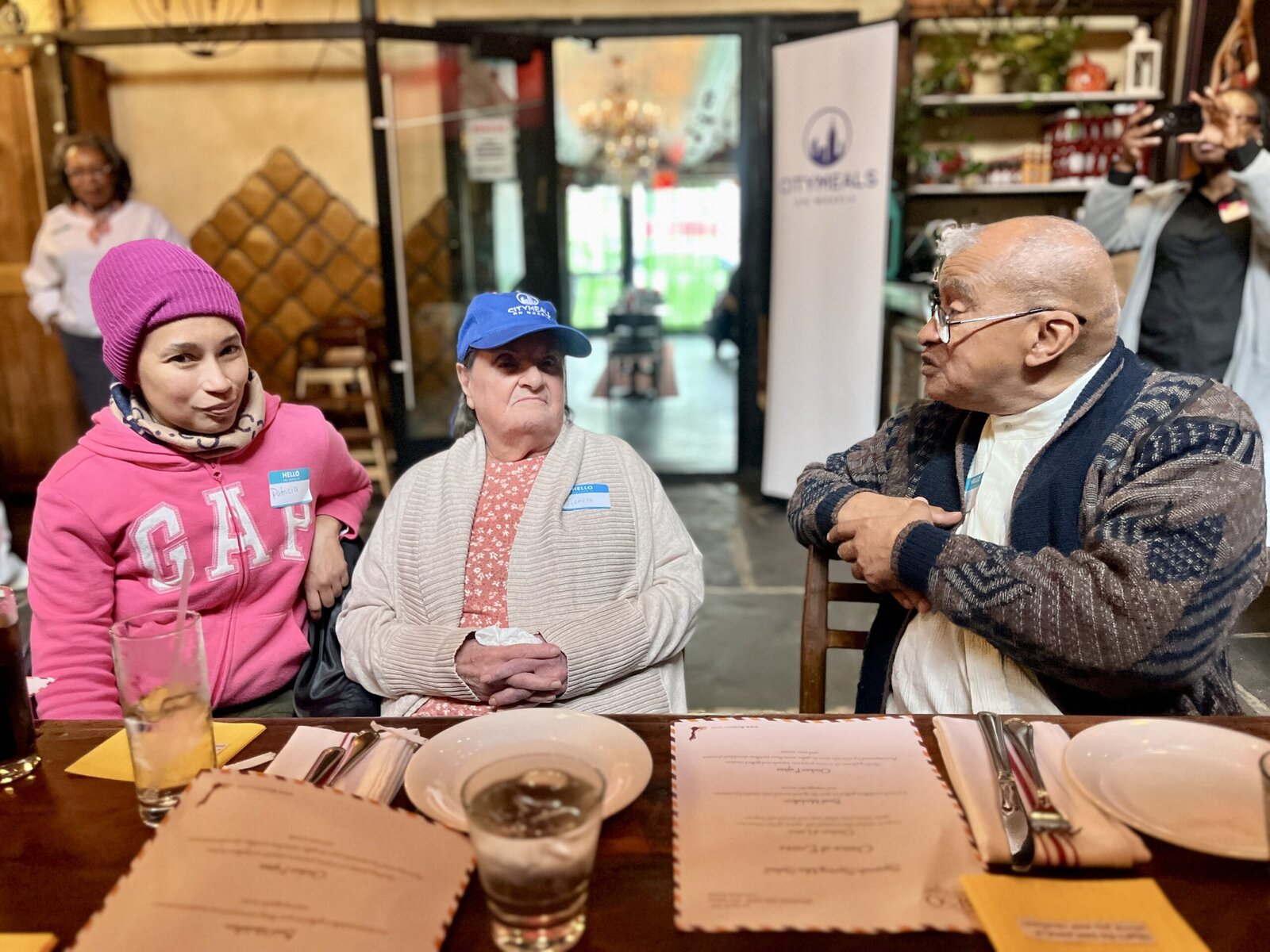What unites us? How do we overcome our divisions and differences? Can we discover ways to bridge the chasms that separate us? What tools can we turn to?
Amid the turmoil of 2020’s U.S. elections, we launched a project devoted to exploring these questions. We called it “We Are Not Divided” — a cheeky name, but cheeky with a purpose. We wanted to encourage readers to rethink and reexamine their assumptions about how divided we really need to be.
We decided now is an opportune time to revisit those stories.
With predictions of everything from political violence to civil war — along with just as many “counterpoints” arguing that hyping those threats only makes them worse — it’s clear that fresh fears are circulating about American instability. So, over the next several months, we’ll republish stories from We Are Not Divided that address those fears. We’ll select articles that feel relevant to the moment, and each month’s roundup will have a loose theme. This month’s theme is changing minds. How does it work? Does it work at all? Read on and decide for yourself.
How to Change Your Mind
Why is it so difficult to change our minds? From the political to the mundane, we encounter resistance when we try to alter our views about, well, almost anything. But it doesn’t have to be that way. A team of scientists explain why in this special podcast episode of Freakonomics, presented in partnership with We Are Not Divided.
Are You Liberal? Are You Sure?
Speaking of politics, here’s a provocative statement: whether you identify as conservative or liberal, left or right, if you’re like most of us, you are actually more ideologically flexible than you think. Like, a lot more. And this is very good news.
The Unlikely Friendship That Helped Legalize Same-Sex Marriage in Ireland
Want proof that changing your mind is possible? World-altering, even? You’ll be forgiven if you cry when you read this powerful account of two men who changed their minds — and their country’s constitution. You won’t be alone.
Looking for more stories about bridging divides? See the whole project here.









